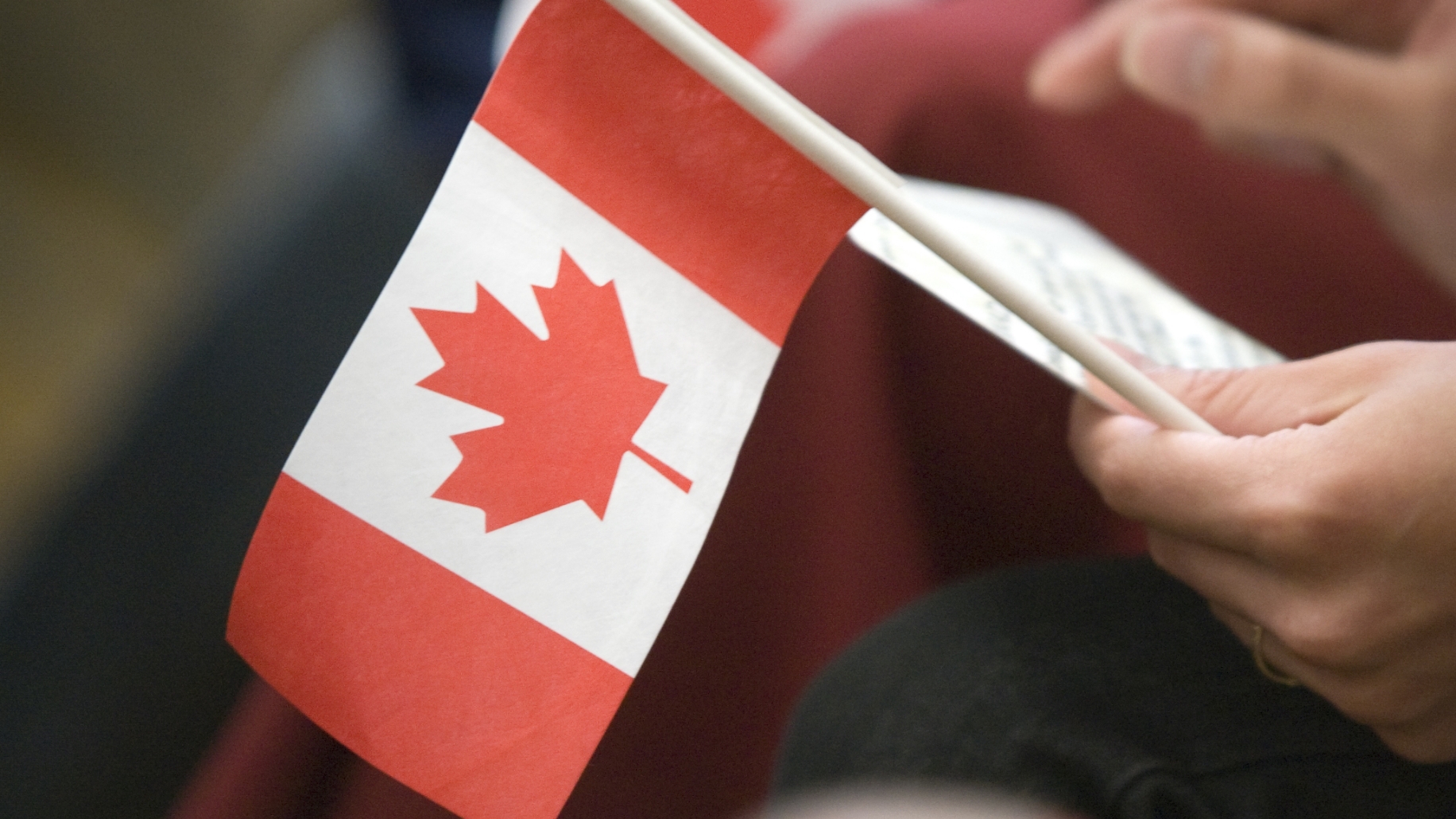
 22 February, 2024
22 February, 2024 
Canadian government has announced key International Student Program reforms are applicable in 2024. The Immigration Refugees and Citizenship Canada (IRCC) has released additional information to clarify these reforms and changes. The reforms recently announced aim to develop sustainable population growth in Canada, boost system integrity, and enhance the overall experience for international students residing in Canada. Here are key reforms announced recently
1. Cap and provincial attestation letter
Starting January 22, 2024, the majority of new post-secondary international students applying at the college or undergraduate level are needed to include a Provincial Attestation Letter (PAL) from a province or territory with their study permit application. Applications received by IRCC without a PAL will be returned, unless they fall under an exemption.
International students who submitted their applications to IRCC prior to January 22, 2024, as well as those who have already received approval for a study permit and are preparing to travel to Canada for an approaching program, are not required to take any further action due to the enactment of the cap.
Also read-
Who needs a provincial attestation letter?
Who doesn’t need a provincial attestation letter?
Also read- Study in Canada: Colleges, Scholarships, Fees, Courses
Recognizing the potential of graduates from master’s degree programs to shine in Canada’s job market and possibly transition to permanent residency, IRCC have revised the duration of the Post-Graduation Work Permit (PGWP). This adjustment allows them ample time to accumulate the necessary Canadian work experience required for their PR application.
Starting from February 15, 2024, a longer PGWP of 3 years will be accessible to graduates from master’s degree programs lasting less than two years, provided they fulfil all other PGWP eligibility criteria. The duration of PGWPs for programs other than master’s degrees will stay aligned with the length of the study program, up to a maximum of 3 years.
Also read- Extended Post-Graduation Work Permits Now Available for Master’s Students in Canada
Who is eligible for a longer post-graduation work permit (PGWP)?
Certain provinces allow public colleges to license their curriculum for delivery by affiliated private colleges. In such cases, students physically attend a private college however, get a diploma from a public institution. Worries have surfaced regarding the quality of education offered by these institutions, along with inappropriate student support services. The Auditor General of Ontario has also underlined concerns regarding the lack of oversight concerning program quality and student services at these institutions.
As a result, IRCC has implemented a change to limit Post-Graduation Work Permits (PGWPs) for these institutions. This measure anticipates that by limiting access to PGWPs, there will be a decrease in the number of international students enrolling in them.
Who is eligible for a PGWP after graduating from a public-private partnership college program?
Who is not eligible for a PGWP after graduating from a public-private partnership college program?
In the weeks to come, eligibility for open work permits for the spouses and common-law partners of international students in Canada will be updated.
Also read- Canada is making Changes to open work permit eligibility for spouses of international students
Who can get an open work permit?
Who will not be eligible for an open work permit?
Also read-
Canada continues to make Efforts to Welcome French-Speaking Skilled Newcomers- Apply PR now
UK Govt. to Replace biometric immigration cards with E- Visas by 2025
Canadian PNPs invited 7,666 Immigration Candidates in First Half of Feb 2024
Prince Edward Island invites 122 candidates in the latest PEI PNP Draw
For the most recent immigration updates and to initiate your immigration process to Canada in 2024 with the assistance of a reliable visa consultant, feel free to reach out to Visas Avenue Canada migration expert on Toll-Free No. 78-18-000-777 or e-mail at info@visasavenue.com.
 9 May, 2024
9 May, 2024
 8 May, 2024
8 May, 2024
 7 May, 2024
7 May, 2024
 6 May, 2024
6 May, 2024
 6 May, 2024
6 May, 2024
 4 May, 2024
4 May, 2024
 3 May, 2024
3 May, 2024
 3 May, 2024
3 May, 2024
 3 May, 2024
3 May, 2024
 2 May, 2024
2 May, 2024
 2 May, 2024
2 May, 2024
 1 May, 2024
1 May, 2024
 30 April, 2024
30 April, 2024
 30 April, 2024
30 April, 2024
 29 April, 2024
29 April, 2024
 27 April, 2024
27 April, 2024
 26 April, 2024
26 April, 2024
 26 April, 2024
26 April, 2024
 26 April, 2024
26 April, 2024
 25 April, 2024
25 April, 2024





